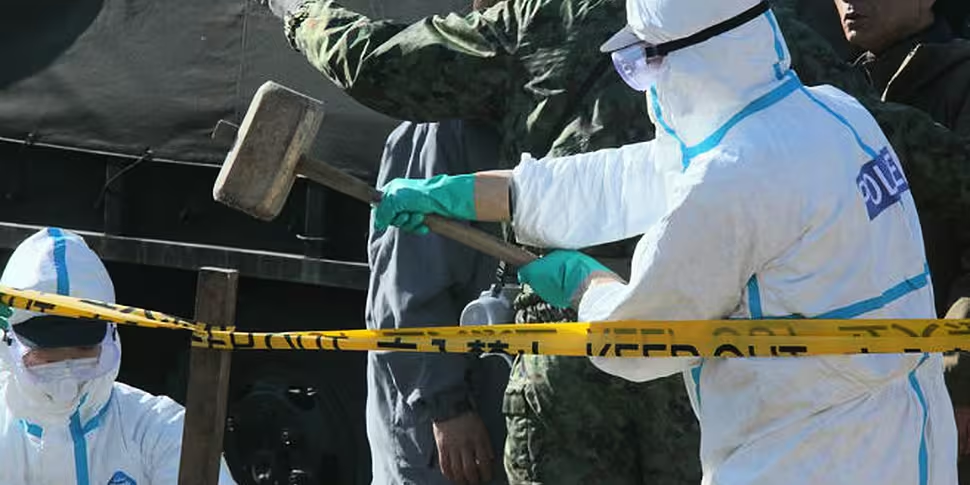There have been frequent accusations that the Japanese media and government have been underreporting or even 'covering up' the true scale of the nuclear catastrophe that followed March 2011’s devastating earthquake and tsunami. Now, as the crisis escalates following a serious leak, there are renewed calls for greater transparency when reporting details of the Fukushima Dai-ichi containment efforts. You can read Newstalk's in-depth examination of the subject here.
Although observers have frequently criticised the Japanese media’s coverage of ongoing troubles at the damaged nuclear plant, filmmakers were quick off the mark, exploring the various repercussions that the disaster had.
Nuclear Nation was one of the first documentaries produced about the plight of Fukushima refugees. Atsushi Funahashi’s two-and-a-half hour long film was first shown at the Berlin Film Festival in 2012, not even a year after the disaster.
That year’s Berlin Film Festival hosted two other Fukushima documentaries: Friends After 3.11, reflecting on the Japanese anti-nuclear movement that rose in prominence following the disaster, and No Man’s Zone, which focuses on the destroyed landscape. TV documentaries have also been produced by the likes of PBS’ Frontline and Japanese broadcaster NHK.
It’s not just documentaries exploring themes related to nuclear power. Director Sion Sono integrated scenes of the tsunami and earthquake destruction into his film Himizu, which premiered in September 2011. The director’s more direct response to Fukushima came a year later with The Land of Hope, a powerful drama exploring the effects of a fictional nuclear disaster in the near future. The film is as much a plea to prevent future disasters as it is a poignant exploration of the aftermath of Fukushima. The Land of Hope was released on DVD and Blu-Ray in the UK and Ireland last week.
While this early examples are fascinating, the disaster is likely to continue inspiring both Japanese and international filmmakers, much like the effects of the Hiroshima and Nagasaki bombings could be recognised in everything from the original Godzilla to iconic anime Akira. Indeed, the forthcoming blockbuster ‘reboot’ of Godzilla is already rumoured to in some way acknowledge the disaster. Some have also argued that the recent Pacific Rim is also partially a response to Fukushima, with nuclear power references prevalent throughout the film.
There has already been a varied, provocative cinematic response to Fukushima, from monster movies to in-depth documentaries. They have arguably provided the very insights the Japanese media and authorities have struggled to articulate.
(Main image: Land of Hope / Third Window Films)









